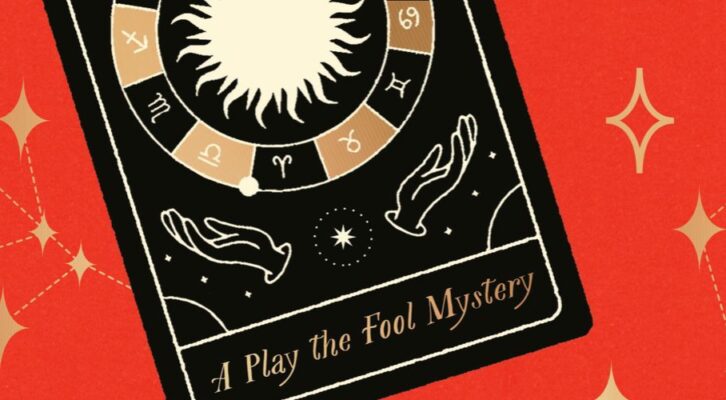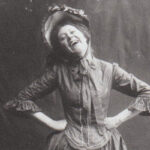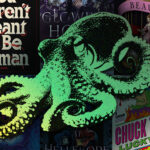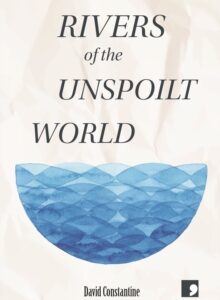TODAY: In 1929, Adrienne Rich is born.
- Hilary A. Hallett investigates the romance genre’s radical roots, from derided “sex novels” to Bridgerton. | Lit Hub
- How “My Old Kentucky Home” ended up in homes across the South: Emily Bingham on the material culture of white America’s song to itself. | Lit Hub History
- “I was a fellow worshipper, a member of the tribe; his daughter.” Rachel M. Harper on learning a love of libraries from her father. | Lit Hub
- “Relief—there was no trace of a body—gave way to confusion.” Ben McGrath tells the tale of a mysterious canoe, a flip phone, and an unlikely American odyssey. | Lit Hub
- Steven Toussaint on the “gnostic ironies” of poets Nathaniel Mackey and Fanny Howe. | Lit Hub Poetry
- “It’s a lot to ask of a reader, to bear witness to the pain of a child.” Stephen Mills talks to fellow memoirist Lacy Crawford. | Lit Hub Memoir
- SHELF TALKERS: What they’re reading at South Carolina’s South Main Book Company. | Lit Hub
- “The Alito opinion purports to be based on America’s Constitution. But it relies on English jurisprudence from the 17th century, a time when a belief in witchcraft caused the death of many innocent people.” Margaret Atwood responds to the leaked Supreme Court opinion. | The Atlantic
- Sara Nović discusses how ASL helped her understand herself, and writing a Deaf novel. | The Guardian
- Austyn Gaffney makes the case for re-queering the Fried Green Tomatoes franchise. | Oxford American
- Should we fear robot writers? Ehh… not yet. | Counter Craft
- “Nothing can ever be right again. Here’s a horse.” All possible plots by major authors (including Cormac McCarthy) explained. | The Fence
- Meena Krishnamurthy explores the “burdened virtue” of racial passing. | Boston Review
Article continues after advertisement




















